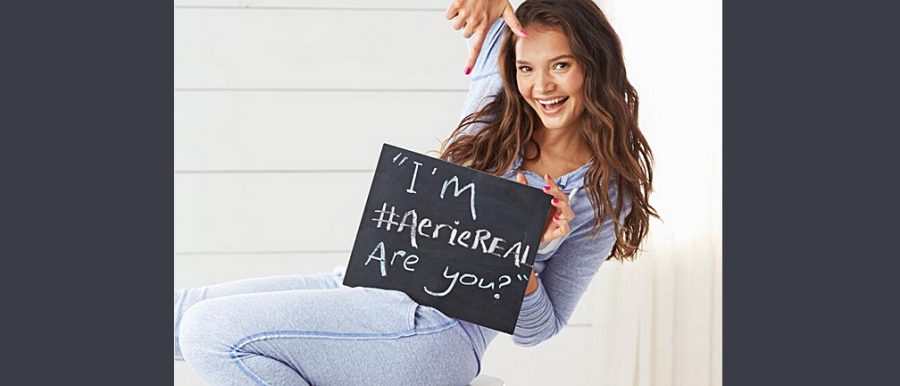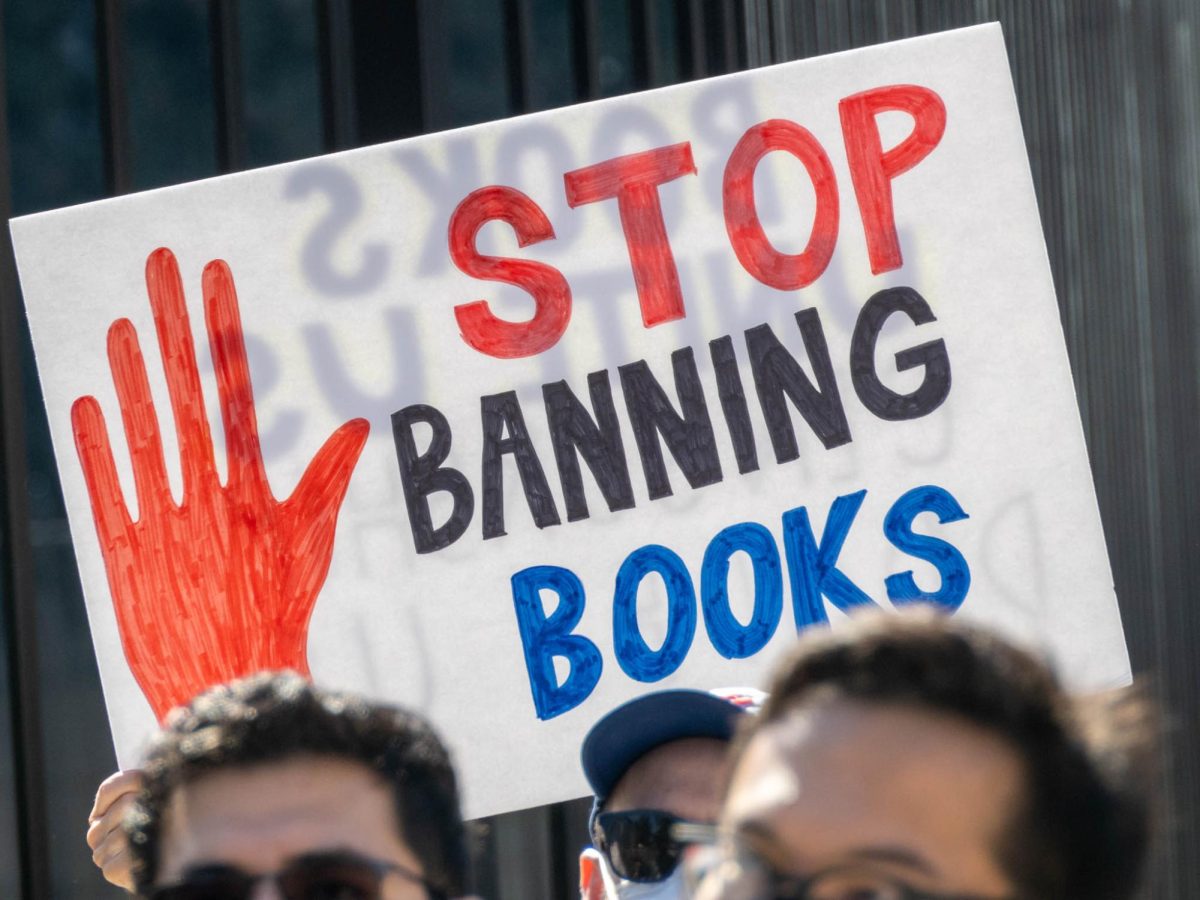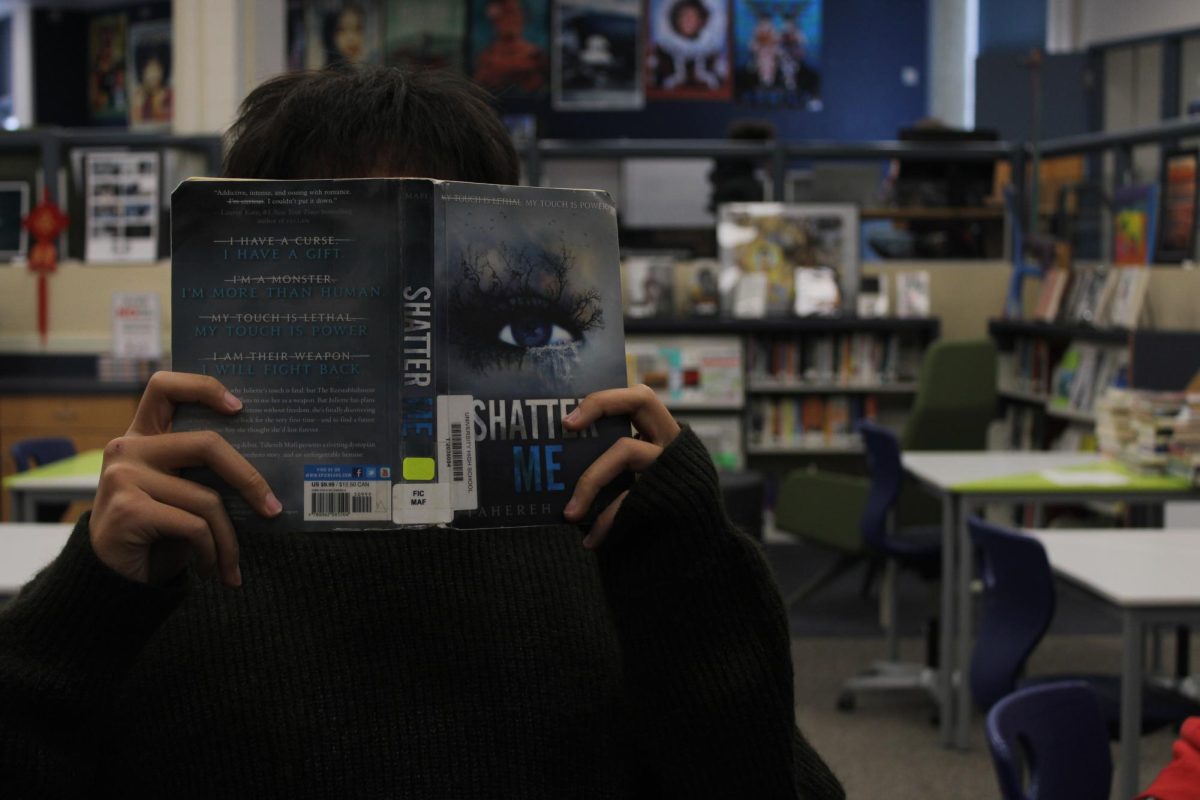
By AISHEE DAS
Staff Writer
the Business Insider
In the spring of 2014, aerie, American Eagle’s sister company, launched “aerie Real,” an ad campaign in which aerie will no longer photo shop or airbrush any of models. It announced that it wants to challenge “supermodel standards by featuring unretouched models in their latest collection of bras, undies and apparel.” The campaign has been received positively, as aerie’s lingerie sales have risen 9% since the campaign launched, according to
.
thFor years there has been backlash about Photoshop usage in advertising. Dove’s Real Beauty campaign, which has entered its 10
year, has been one of the first companies to campaign for accurate portrayals in the media. In October 2006, Dove released a video called “Evolution,” which showed a model going through the process of makeup, being in a photo shoot and altered unrecognizable by Photoshop before being put on a billboard for a foundation ad. The video ends with the statement “No wonder our perception of beauty is distorted.”
“Evolution” became extremely popular immediately after its release. The video received 12 million views in its first year and won multiple awards. “Evolution” was one of the first videos to show the manipulation of beauty in advertising. It became an eye opener to many girls who finally realized that companies have been using narrow ideals of beauty to advertise their products. The Dove Real Beauty campaign became known for its empowering TV commercials and YouTube ads. And not without great profit; Dove has since increased its profit and become a household name for female empowerment.
Victoria Secret recently launched an ad with the caption of “The Perfect Body,” and the models in the ad were all similar in their body types: skinny, tall and lean. The ad received a lot of backlash and is a perfect example of companies advertising their ideals of beauty and regarding them as the most beautiful or “perfect.” aerie is stepping in the right direction with its new campaign because Photoshop and narrow beauty ideals should be prohibited from advertising. Surrounding the public with the media’s version of perfect beauty is harmful to girls as they begin to find flaws with themselves compared to the models.
TodayBrave Girls Alliance, a non-profit organization that works with businesses to boost female empowerment in the media, stated on its website that “Children and teens, even when they say they know the images are fake, are still especially vulnerable because of their developmental stages. And even many adults who know intellectually that the images are not real, are negatively influenced by the unconscious messages ads send.” According to a poll done by
AOLand
, 80% of the teenage girls they surveyed admitted to comparing themselves with the models they see in advertising and finding flaws with their own bodies, even after realizing that the ads are photoshopped.
Photoshop should be banned because the youth are all subject to the media’s reach. Even though media is a soft power, it can bring young girls to see themselves as inferior to the beauty type that the media finds attractive and desirable at the time. By banning Photoshop, advertisements can not only be more true to their products but also empower girls to have more confidence. aerie is promoting real beauty by advertising girls just the way they are sans Photoshop, and as its caption states, “The real you is sexy.”














